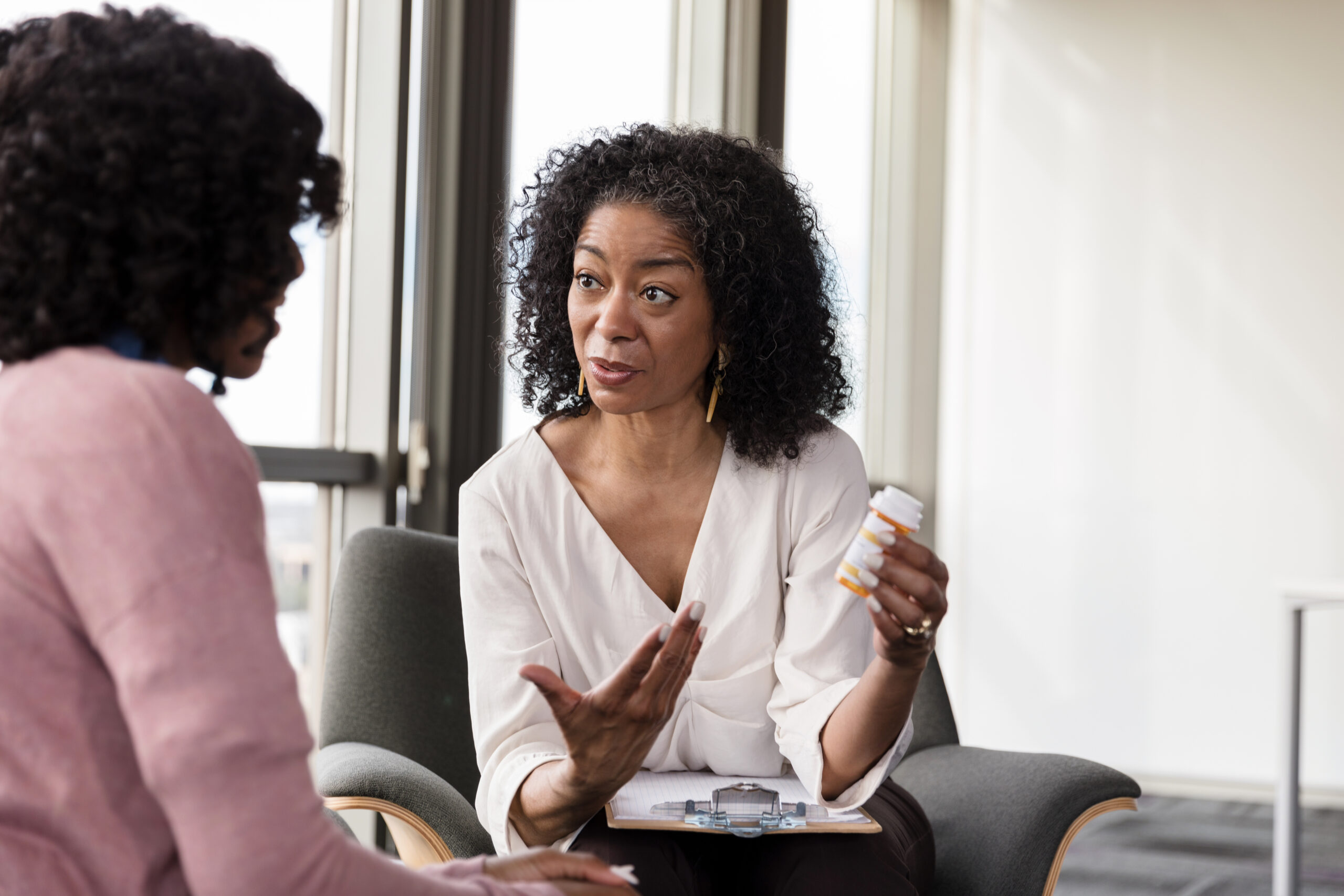
Lilac Recovery Center has two locations in San Diego and Valley Center, California where we provide inpatient medical detox as well as short-term and long-term residential addiction treatment services for local and national clientele.
We are committed to providing cutting-edge care in a luxury rehab environment where our patients have private rooms for a unique recovery experience. We do accept most major insurance, which makes our treatment centers accessible. If you or someone you love is suffering from alcohol or drug addiction, contact us today about our residential treatment programs.
Luxury Residential Rehab Services
Lilac Recovery Center offers an exclusive and private rehab in San Diego and Valley Center for professionals seeking to reclaim their lives from drug and alcohol addiction. Our state-of-the-art drug and alcohol rehab center is not just another drug rehab; it’s a transformative experience that caters to the specific needs of our clients.
We serve clients locally and nationally and accept major insurance, making luxury treatment accessible to many.

A Luxurious Approach to Healing
At Lilac Recovery Center in San Diego and Valley Center, we understand that your environment and surroundings are crucial to recovery. Our inpatient residential treatment services take place in a luxurious, serene setting that allows our clients to focus on healing without the stressors of everyday life. The center’s amenities – including a pool, gym, and private bedrooms, are designed to provide comfort and promote wellness, ensuring that each individual’s journey to recovery is as smooth and effective as possible.
Cutting-Edged Inpatient Addiction Treatment Methods
Our substance use disorder treatment methods are as unique as our clients, with each program customized to support long-term recovery. Here’s an insight into our comprehensive approach:
Medication-Assisted Treatment (MAT)
At Lilac Recovery Center, our MAT program stands at the forefront of addiction treatment. We combine FDA-approved medications with counseling and behavioral therapies to comprehensively treat substance use disorders and any co-occurring mental health disorders. This integrated approach is particularly effective for those battling severe addictions to opioids and prescription drugs, offering a safer, controlled path to recovery. Our luxurious treatment centers ensures that your drug treatment process is effective and conducted in a serene and comfortable environment, promoting healing and well-being.
Individual & Group Therapy
Central to our therapy programs is the belief that personal connections and support networks are vital in fostering recovery.
Our individual therapy sessions are designed to address personal challenges in a private, luxurious setting, ensuring maximum comfort and confidentiality.
Group therapy, on the other hand, offers a platform for shared experiences and communal healing. Both are facilitated by our expert, empathetic therapists committed to providing personalized care.
Psychoeducational Therapy
Empowering our clients with knowledge is a cornerstone of our approach. Our psychoeducational therapy sessions provide clients with the insights and tools necessary to understand their addiction and manage it effectively. This educational approach lays a strong foundation for a drug-free life, ensuring clients are well-equipped for long-term success.
A Holistic Approach
Treating the whole person, not just the addiction, is a philosophy we embody . Our holistic treatment approach encompasses a range of therapies, including yoga sessions in opulent settings, meditation under the open sky, and nutritional counseling to promote physical health. These therapies are designed to heal the body, mind, and spirit, ensuring our clients experience comprehensive healing.
In addition to these core methods, we offer a luxury Intensive Outpatient Program (IOP) for those balancing recovery with daily life, and innovative treatments like equine therapy to enhance emotional growth and self-awareness. Aftercare services ensure that our clients remain on the path to sustained sobriety and well-being, and our compassionate financing options make our luxury drug and alcohol rehab accessible to more individuals. At Lilac Recovery Center, we provide a luxurious, holistic, and comprehensive healing experience that stands out amongst other San Diego rehab centers.
Luxury Residential Addiction Treatment is Here
Call us today.
Lilac Recovery Center: Your Choice for Residential Addiction Treatment in San Diego
Lilac Recovery Center is not only a licensed and accredited center but a symbol of excellence in residential addiction treatment tailored to the needs of our clients in San Diego. Our drug addiction treatment options are comprehensive, addressing substances that are most prevalent in Southern California, including fentanyl, opioids, prescription drugs, heroin, cocaine, meth, and ecstasy.
A State-of-the-Art Center for Professionals
Our center is a testament to our commitment to quality care, offering a state-of-the-art environment supporting recovery. Designed with professionals in mind, our center ensures clients can maintain their connection to their work life. It provides the necessary resources and privacy to balance their treatment program and professional obligations.

Why Choose Our Residential Inpatient Program?
Lilac Recovery Center is a premier, exclusive choice for those seeking the best in substance abuse treatment. Our programs, from MAT to holistic therapy, are led by top-tier professionals dedicated to providing the highest level of care. With our focus on luxury, privacy, and cutting-edge treatment, we offer an unparalleled recovery experience in the heart of Southern California.
Take the First Step with Lilac Recovery Center
Choosing the right addiction treatment center is pivotal, and Lilac Recovery Center stands out as the #1 residential treatment center in San Diego, CA. Our luxurious, private, and premier center uses the latest addiction treatment practices, ensuring every client has access to the best possible care.
If you or a loved one is struggling with addiction, it’s time to discover the Lilac difference. Our exclusive, state-of-the-art recovery center is more than just a place to get sober; it’s a new beginning. With our personalized programs and expert care, we are dedicated to helping professionals in San Diego reclaim their lives.
At Lilac Recovery Center, we’re not just treating drug and alcohol addiction; we’re restoring lives. Call us now at 442-341-6400 to embark on your journey to long-term recovery with treatment in San Diego’s premier addiction treatment center.



